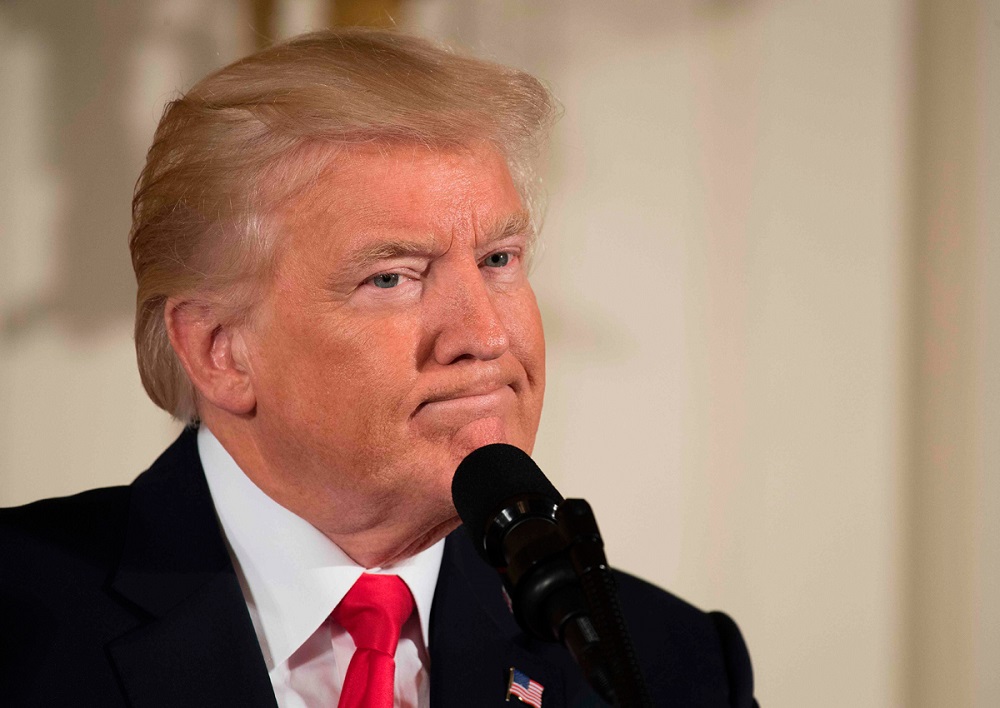Will President Trump’s new Afghanistan strategy alter the dynamics of America’s longest and most frustrating war? Do commanders really have any better chance of succeeding now than when this conflict began 16 years ago?
I put those questions by phone Tuesday to Gen. John “Mick” Nicholson Jr., who for more than 18 months has commanded US forces in Kabul. This is his fourth tour in Afghanistan and his sixth year of service there. He probably knows as much about this difficult and costly war as any American in uniform.
Nicholson answered by describing what he has learned about Afghanistan since we first met 10 years ago in Jalalabad, when he was a colonel commanding a brigade of the 10th Mountain Division. Those were heady, optimistic days when Nicholson would take visitors to a provincial “loya jirga” tribal council, where the turbaned leaders professed support for the US mission; when US development teams were building roads and schools, confident that stability would follow economic development.
It didn’t happen that way, and Nicholson now cites two illusions of that period that he says undermined the war effort. The first was that US commanders didn’t realize just how crucial external support from Pakistan was in allowing an unpopular Taliban insurgency to survive. The second was that commanders didn’t understand how corruption was rotting the Afghan security structure the United States was trying to build.
Both problems are addressed, at least modestly, by Trump’s strategy. First, Trump warned: “We can no longer be silent about Pakistan’s safe havens for terrorist organizations.” This will likely mean more sticks and fewer carrots for Islamabad — perhaps including new sanctions that punish Pakistan for aiding terrorist groups such as the Haqqani network that kill Americans and their allies. (Unfortunately, Trump may have undermined his Pakistan pitch by urging a closer “strategic partnership” with its archenemy, India.)
Second, Trump promised support for an Afghan government under President Ashraf Ghani that is seeking to combat corruption and is planning provincial elections next summer. Stronger, better leadership will, in theory, bolster the campaign against the insurgents. “The American people expect to see real reforms, real progress and real results,” Trump said. (In addition to being a long shot, this sounds suspiciously like the nation-building Trump insists he’s abandoning.)
But will it work? Many observers doubt the strategy will “push onward to victory,” as Trump said, but they think it may avoid an outright defeat. The consensus among these experts is that by adding troops and other measures, the United States can sustain the current stalemate, in which the Taliban controls about half of the countryside and the central government holds Kabul and other major cities.
The Trump strategy reduces the probability that the Kabul government will collapse over the next two to three years. This is a very limited version of success.
So why did Trump reverse his early, skeptical view and back Nicholson and the other generals who dominate his national security team? Why did this Wharton School graduate ignore the advice often offered by business professors that “sunk cost” — the money and effort already spent — does not by itself justify further investment?
The answer isn’t really very complicated. Trump doesn’t want to be the president to pack up and go home. He doesn’t want the stain of defeat.
The best argument for Trump’s Afghanistan policy is that it avoids losing, and at relatively low cost. It maintains a platform that can operate against what Trump said are 20 terrorist groups in the region; it sustains a base that will allow the United States to keep watch on nearby Pakistani nuclear weapons. It avoids a quick win by the Taliban and allows eventual reconciliation. Those are all worthy goals.
“I don’t know that we have a choice to walk away,” argues Nicholson. “It would inspire other jihadis around the globe.” He likens Afghanistan and Pakistan to a “petri dish” in which dangerous terrorist groups have thrived. Across the US government, even skeptics of the policy share his concern about the risks of a hasty US withdrawal.
Trump was once said to be so frustrated with the slow pace of the US campaign in Afghanistan that he wanted to fire Nicholson as commander. “The American people are weary of war without victory,” he said Monday night. But as he has weighed the terrible dilemma of the war in Afghanistan, Trump seems to have opted for a stay-the-course policy to “seek an honorable and enduring outcome worthy of the tremendous sacrifices that have been made.”
No victory parades, but no defeat, either.
Washington Post
